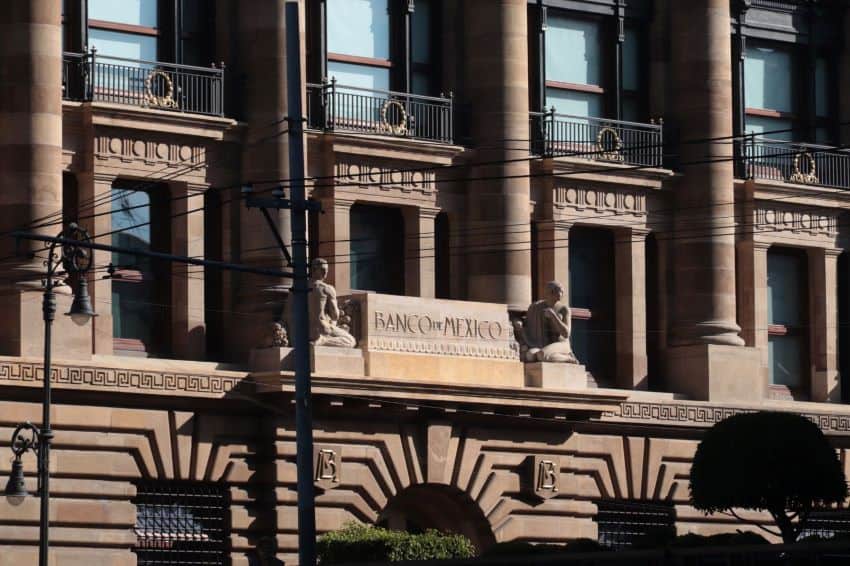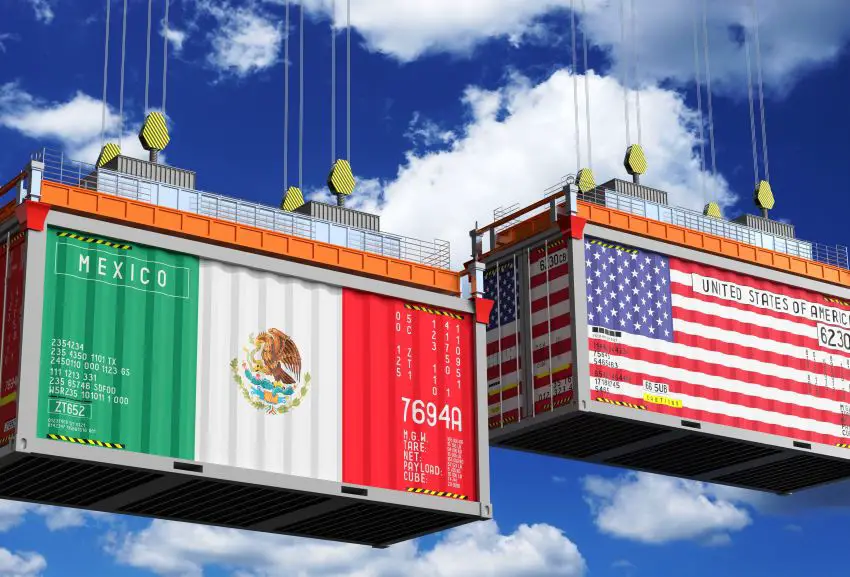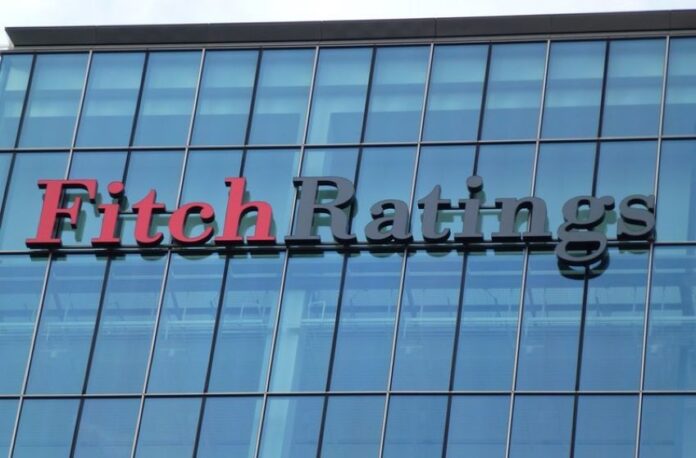Fitch Ratings has affirmed Mexico’s sovereign credit rating at the lowest investment-grade level while forecasting that the Mexican economy will fall into recession this year.
“Fitch Ratings has affirmed Mexico’s Long-Term Foreign Currency Issuer Default Rating (IDR) at ‘BBB-‘ with a Stable Outlook,” the New York-based credit rating agency said in a statement on Wednesday.

Fitch also said that it expects the Mexican economy to contract 0.4% this year.
Why is Mexico’s credit rating BBB-?
BBB- is the 10th-best sovereign credit rating issued by Fitch. Mexico is therefore nine rungs below the top AAA rating.
Among the countries that currently have an AAA rating with Fitch — denoting the lowest expectation of default risk — are Switzerland, Germany and Australia. The United States’ rating is AA+, the second highest level.
With a BBB- rating, Mexico’s default risk is on par with that of India and Greece, among other countries.
Fitch said on Wednesday that “Mexico’s rating is supported by a prudent macroeconomic policy framework, robust external finances, and its large and diversified economy.”
It said that Mexico’s rating is “constrained by muted long-term growth, weak governance indicators, fiscal challenges related to a low revenue base and budgetary rigidities, and contingent liabilities from Pemex,” the state oil company.
In a statement issued on Wednesday, Mexico’s Finance Ministry highlighted that Mexico has an investment-grade rating “with the eight rating agencies that evaluate its debt.”
That situation, the ministry added, “guarantees favorable access to international financial markets.”
Fitch predicts a recession on the horizon
Fitch said that Mexico is “especially vulnerable to U.S. trade protectionism, as decades of integration have made exports to its northern neighbor a mainstay of the economy (27% of GDP in 2024).”
“Tariffs already imposed [on Mexico] could have significant impacts, especially in the auto sector, and the uncertainty is weighing on activity,” the rating agency said.

Fitch said that the ultimate “fate” of the Mexico-U.S. trading relationship “is likely to remain unclear at least until a review of the USMCA agreement scheduled for mid-2026.”
“Even if U.S. tariff policy preserves a preferential treatment for Mexico relative to competitors, we see dimmer prospects for ‘nearshoring‘ so long as this uncertainty persists,” it said.
In that context, Fitch is forecasting that the Mexican economy will contract 0.4% in 2025 “as tariffs, tariff-induced uncertainty, fiscal adjustments, and a slowdown in the U.S. weigh on activity.”
If the Mexican economy were to contract, it would be the first recession since 2020, when Mexico’s GDP plunged 8.5% due to the COVID pandemic and associated restrictions. The economy grew 1.5% in 2024, but contracted on a sequential basis in the last quarter of the year.
Fitch acknowledged that the current economic outlook is “uncertain and will hinge on the new trade relationship with the U.S. that emerges.”
“For now, we expect a modest 0.8% recovery in 2026 as the economy continues to digest tariffs and U.S. growth remains soft,” it said.

Fitch’s forecast for the Mexican economy in 2025 contrasts sharply with those of the International Monetary Fund and the World Bank, which are predicting growth of 1.4% and 1.5%, respectively. However, both those forecasts were made in January, before United States President Donald Trump imposed tariffs on imports from Mexico.
For its part, Mexico’s Finance Ministry recently forecast that the Mexican economy will expand by 1.5-2.3% this year.
Other highlights from Fitch’s report
In the Mexico report it issued on Wednesday, Fitch Ratings also commented on the federal government’s Plan México economic initiative, tax collection and other issues.
Plan México
Fitch said that Plan México “seeks to enhance growth prospects, via a state-led model with participation by the private sector given limited fiscal resources.”
“New energy-sector legislation, for example, bolsters the primacy of public companies but introduces new modalities for partnership with the private sector,” it said.
Fitch said it is “unclear how much private-sector uptake there will be … given concerns around business environment that have been aggravated by recent reforms to overhaul the judiciary and dismantle autonomous regulatory bodies.”
Mexico’s fiscal position
Fitch said that “increased social outlays, public mega-projects” — such as the Maya Train railroad — “higher interest costs, and Pemex’s operational losses have worsened … [Mexico’s] fiscal position, lifting the ‘public sector borrowing requirements’ … to a record-high 5.7% of GDP in 2024.”
It added that the Mexican government is aiming to reduce public borrowing requirements to 3.9% of GDP this year, “via large cuts” to capital expenditure “following completion of mega-projects and austerity in operating expenditures even in priority areas (health, education, security).”
Tax collection
Fitch said it believes the Mexico government “can achieve this year’s fiscal goal despite the adverse backdrop” created by U.S. tariffs and tariff threats.
It highlighted that tax collection rose 10% annually in the first two months of 2025 “despite stagnating economic activity.”
Fitch said the higher tax revenue reflects “resilience and possible gains from some measures (e.g., taxes on e-commerce), while spending cuts remain on track.”
Mexico News Daily
